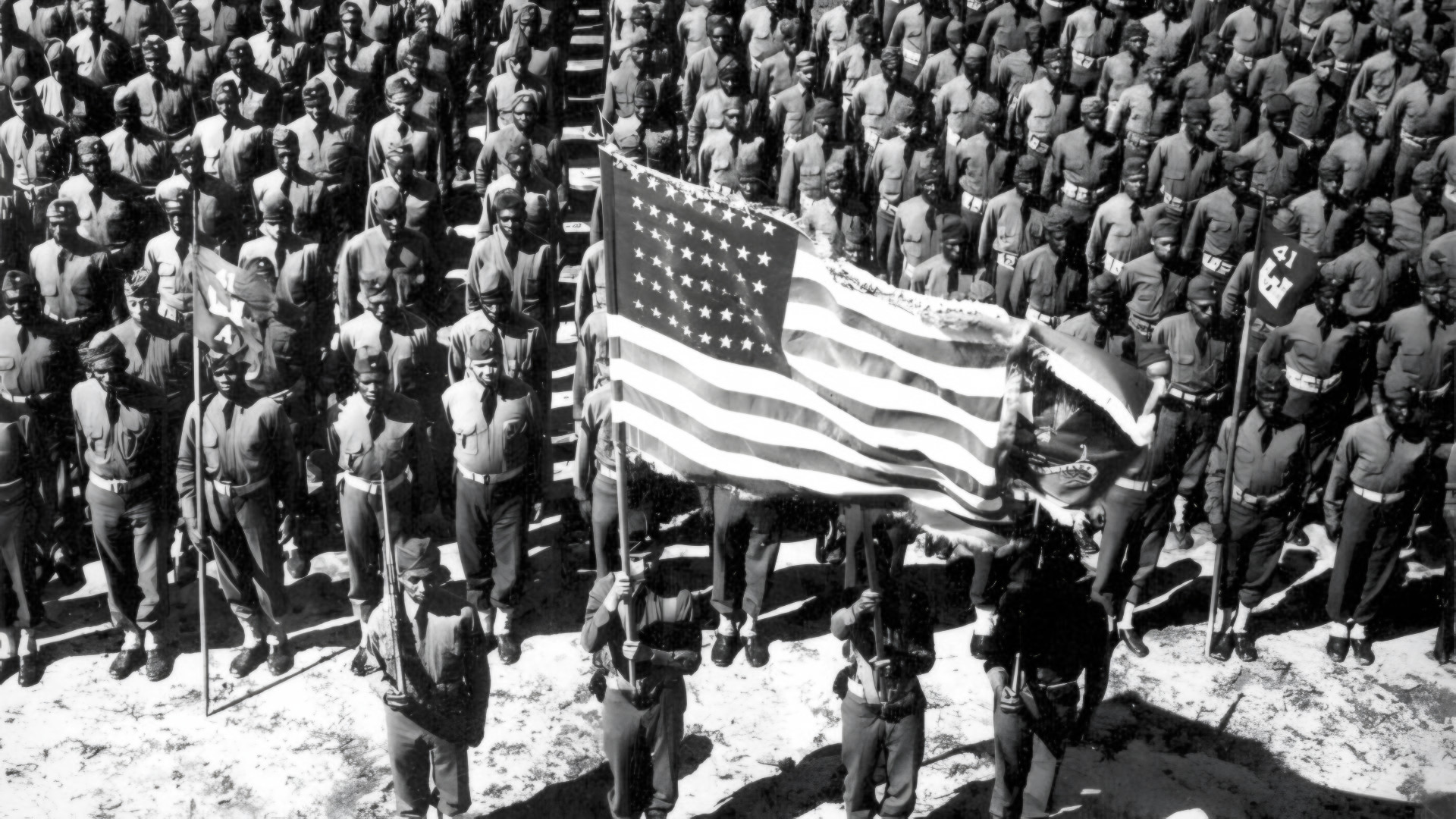The Relationship Between British and American Soldiers During World War 2
Perceptions and First Encounters
British soldiers had anticipated America joining the war effort for quite some time. When the US finally declared war in 1941 after the attacks on Pearl Harbor, British morale received a huge boost knowing they now had a powerful ally. However, some British troops also felt annoyed that America had “waited so long to join the fighting against Nazi Germany”. When American GIs first arrived in Britain and North Africa, cultural misunderstandings arose due to lack of contact prior to the war. Most Brits’ impression of Americans came from popular films portraying cowboys and gangsters. Likewise, American soldiers saw Britain through a romanticized lens. Despite the language barrier initially, close cooperation was aided because British and American troops shared a common tongue.

Admiration for American Equipment and Supplies
British soldiers swiftly grew to appreciate American equipment, which was always in good supply. As one artillery officer recalled being re-equipped in North Africa, “American gear was excellent compared to worn-out British stuff”. When his unit received a jeep, it came fully stocked with tools, spare parts, even an air heater—a luxury for British troops used to makeshift repairs. American rations and supplies also left a strong impression. British uniforms were difficult to clean and dry, while American fatigues looked stylish. Most coveted were American blankets, a prized trading commodity among British units in Italy who could barter them for wine. Chocolate, cigarettes from PXs also made American GIs very popular with civilians deprived of treats for years under rationing.
Developing Mutual Respect Through Shared Hardship
Once actual combat began in places like Italy, prejudice gave way to mutual respect. Though some Brits saw Americans as “gung ho” and undisciplined at first, one British soldier grateful for life-saving US field hospital care recalled they were “like the Ritz” compared to under-resourced British ones. Both nations’ troops also recognized each other’s bravery and skills. While Americans respected British experience against the Germans, the British came to admire American courage, camaraderie and massive firepower. Bonds formed through shared sacrifice, like the town in Lancashire where British civilians fought alongside black American GIs against racist US military police.
Lasting Friendships Despite Social Tensions
Not all interactions were positive, however. Higher American pay led to jealousy and “resentment” among underpaid British ranks. Racism sometimes reared on both sides - many Brits had never met black people before. But more often, African American GIs found a warmer welcome in Britain free of Jim Crow segregation. The numbers of Anglo-American children born, dubbed “GI babies”, showed the deep friendships ignited too. Though social taboos were broken, most British communities rallied around these innocent victims of intolerance elsewhere rather than ostracizing them. One such child found family acceptance despite physical clues to her mixed ancestry.
Enduring Legacy of the “Special Relationship”
By war’s end, any initial mistrust had transformed into profound respect and affection between the peoples. As American forces prepared for D-Day, the Western Mail wrote the GIs “are loved in Wales…The Welsh hosts were as sorry to see them go as if they were their own sons”.
Similarly, a US Private stationed in a Welsh village wrote home that “most of the men were considered part of the family…Hardly a night would pass without having a chat over a cup of tea”. Such anecdotes illustrate the genuine emotional bonds which helped forge today’s esteemed UK-US “special relationship”. A legacy of shared sacrifice in the worldwide fight against tyranny.
Britain and America’s armed forces started as strangers uniting against a common evil. Through facing extreme danger and hardship side by side, mutual prejudice dissolved into intertwined bonds of friendship and brotherhood. This powerful alliance not only shaped history but profoundly impacted individuals on both sides, forging transatlantic familial ties still fostered to this day.
